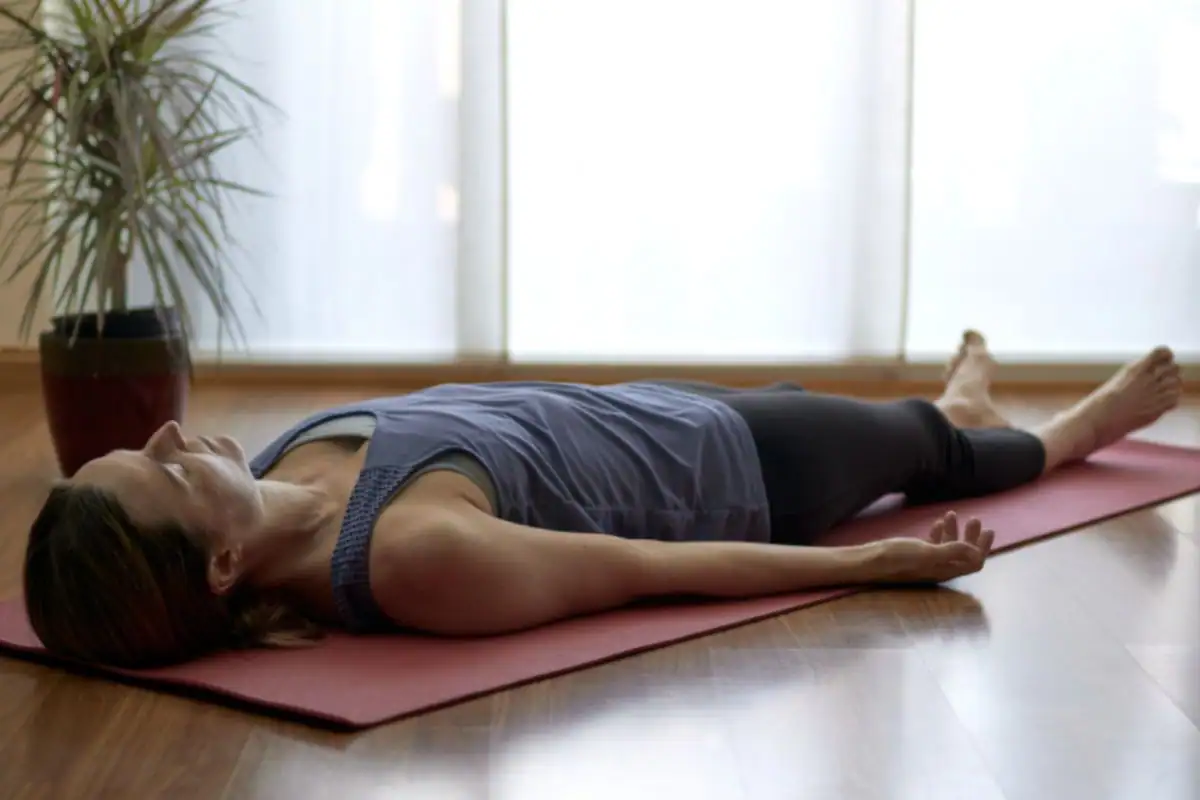Advertisement
Effective Tips for a Restful Night’s Sleep
Advertisement
Getting quality sleep is essential for your health. It helps keep your body functioning well, stabilizes your mood, and even aids in recovery from illnesses or injuries. While some people can fall asleep with ease, others find it a challenge. If you struggle with regular insomnia or occasional sleepless nights, trying out relaxation techniques may be helpful.
The 4-7-8 Breathing Method
The 4-7-8 breathing method is designed to promote relaxation, making it easier to drift off to sleep. This technique helps calm the nervous system and can reduce stress and anxiety. To practice this, place your tongue behind your upper front teeth and exhale completely through your mouth. Close your mouth and breathe in deeply while counting to four in your head. Hold your breath for a count of seven, then exhale slowly for a count of eight. Repeat this cycle as needed, and gently bring your focus back to your breathing if your mind wanders.

Advertisement
Practice Yoga Nidra
Yoga nidra, or yogic sleep, is a guided meditation technique that promotes deep relaxation and mindfulness. Unlike traditional yoga, this practice is done while lying down in a comfortable position such as savasana. It encourages full-body relaxation and helps clear your mind, preparing you for a peaceful night’s sleep. Many people find that practicing yoga nidra before bed helps them feel more relaxed and fall asleep faster.

Advertisement
Upgrade Your Bed
A good mattress and pillow are key to a restful night’s sleep. Sleeping on a mattress that is too firm or too soft can lead to muscle discomfort and cause you to wake up during the night. Similarly, using a pillow that doesn’t match your preferred sleep position can disrupt your rest. If you find yourself tossing and turning or waking up sore, it might be time to upgrade your bed or pillow for better support and comfort.

Advertisement
Clean Your Bedroom
A cluttered room can contribute to a cluttered mind. Studies show that a tidy, organized space helps reduce racing thoughts and improves sleep quality. Try taking a few minutes each week to clean your bedroom and remove visible and hidden clutter, such as piles of laundry or stacks of books. Going to sleep in a clean room can help create a peaceful environment that supports restful sleep.

Advertisement
Limit Electronics in the Bedroom
The blue light from screens—whether from TVs, computers, or smartphones—can significantly disrupt sleep. This type of light reduces melatonin production, making it harder to fall asleep. Plus, the stress of staying connected to messages and social media can keep your mind active. Try putting away electronics at least an hour before bed. Instead, unwind with activities like reading or meditating to prepare your mind for sleep.

Advertisement
Adjust the Room Temperature
Sleeping in a room that is too warm or too cold can make falling asleep difficult. Our core body temperature drops at night, so a typical daytime temperature might not be as comfortable for sleep. Lowering your room temperature by a couple of degrees can help you fall asleep more quickly and stay asleep longer. Finding the right temperature for your bedroom is an easy adjustment that can make a big difference.

Advertisement
Exercise in the Morning
Starting your day with exercise is an excellent way to promote better sleep at night. Regular morning workouts help regulate hormone levels, increasing serotonin and reducing cortisol, which lowers stress and improves mood. Studies show that morning exercise is more effective at balancing these hormones compared to exercising later in the day. This routine can set you up for a more restful night’s sleep.

Advertisement
Get Enough Sunlight During the Day
Exposure to natural light helps regulate your body’s internal clock, known as the circadian rhythm. This rhythm signals when it’s time to be awake and when it’s time to sleep. Spending time outdoors during the day can improve your sleep quality at night. Even a brief walk in the sunlight can make a big difference in keeping your circadian rhythm in check.

Advertisement
Listen to Calming Music
Music designed for relaxation can help you wind down at the end of the day. Songs like Marconi Union’s Weightlessare known for their calming effects, even soothing fussy babies. Playing gentle, soothing music before bedtime can help put you in a relaxed state, making it easier to drift off to sleep. Choose soft melodies and keep the volume low for the best effect.

Advertisement
Try Essential Oils
Aromatherapy is another simple method for promoting relaxation and better sleep. Essential oils like lavender and damask rose are known for their calming properties. You can add a few drops to a warm bath before bedtime or use a diffuser in your bedroom. The subtle scent can help create a peaceful atmosphere, encouraging relaxation and deeper, more restful sleep.
.png)




